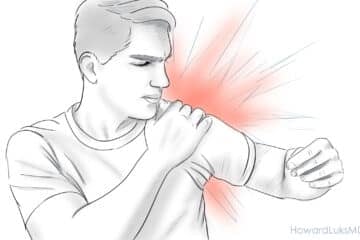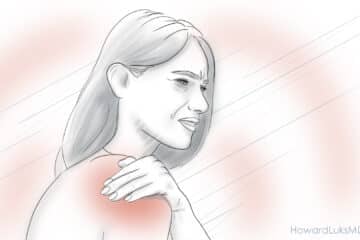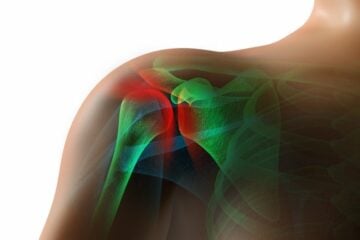
I have completely updated this post … please refer to this post on Frozen Shoulder
A frozen shoulder is simply a phrase we use for a shoulder joint that does not move normally. There is a spectrum of involvement or severity and some patients can have almost no motion in their shoulder. Frozen shoulders can follow surgery, trauma or fractures. Most frozen shoulders, however, have no known cause. Frozen shoulders are very common in diabetics and patients with hypothyroidism.
Most frozen shoulders will resolve spontaneously, with a home stretching program, or with the help of a physical therapist. Diabetic frozen shoulders can be more difficult to treat.
Rarely, a manipulation under anesthesia or an arthroscopy is necessary to release the tissue responsible for “freezing” the joint.
Do you have questions regarding an Orthopedic injury or longevity?
Do you want to talk to an expert who can listen to you for 45-60 minutes and explain the options in detail?
Dr. Howard Luks offers remote guidance sessions to review your X-ray or MRI images and explain your options.
Dr. Luks has also received hundreds of requests for educational sessions on the topics discussed in his book, Longevity Simplified.













Audrey
Dr. Luks: Thank you for your very informative site. In your experience, what is the amount of time that it takes for a frozen shoulder to resolve itself, from the onset of symptoms to return to normalcy? Thank you!